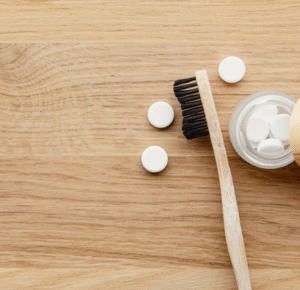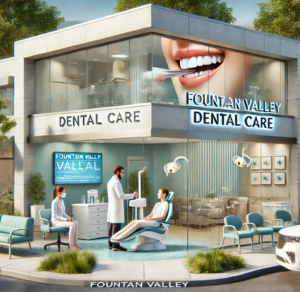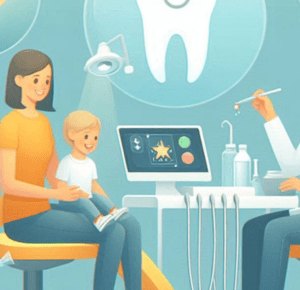When faced with a severely damaged or infected tooth, root canal therapy is often the most effective treatment option to save the tooth and alleviate painful symptoms. At Richmond Endodontics, our team of specialized endodontists is dedicated to providing personalized care and expert treatment to patients in need of root canal therapy.
In this article, we’ll delve into the indications, procedure, and aftercare of root canal therapy, providing you with a comprehensive understanding of this highly effective treatment option.
Indications for Root Canal Therapy
Root canal therapy is typically indicated for teeth that have been damaged by decay, trauma, or infection. Some common indications for root canal therapy include:
- Severe Toothache: A severe toothache that persists for more than a few days may indicate the need for root canal therapy.
- Tooth Sensitivity: Teeth that are sensitive to hot or cold temperatures may be indicative of an infected or damaged pulp.
- Swollen or Tender Gums: Swollen or tender gums around a tooth may indicate an infection or abscess.
- Tooth Decay or Trauma: Teeth that have been damaged by decay or trauma may require root canal therapy to save the tooth.
- Cracked or Fractured Tooth: A cracked or fractured tooth may require root canal therapy to prevent further damage or infection.
| Root canal therapy, also known as endodontic therapy, is a dental procedure designed to remove infected or damaged tissue from within a tooth, saving the tooth from extraction and relieving pain and discomfort. |
The Root Canal Therapy Procedure
The root canal therapy procedure typically involves several steps:
- Anesthesia: The dentist will administer a local anesthetic to numb the tooth and surrounding area.
- Access: The dentist will make an access hole in the tooth to allow for the removal of infected or damaged tissue.
- Exploration: The dentist will use specialized instruments to explore the root canal system and identify any areas of infection or damage.
- Cleaning and Shaping: The dentist will use specialized instruments to clean and shape the root canal system, removing any infected or damaged tissue.
- Filling: The dentist will fill the root canal system with a special material called gutta-percha to prevent further infection or damage.
- Sealing: The dentist will seal the access hole with a filling to prevent bacteria from entering the tooth.
Aftercare for Root Canal Therapy
Here are some aftercare tips to follow:
- Avoid Chewing or Biting: Avoid chewing or biting on the treated tooth until it has been fully restored with a crown or filling.
- Take Pain Medication: Take any prescribed pain medication as directed to manage any discomfort or pain.
- Practice Good Oral Hygiene: Practice good oral hygiene by brushing and flossing regularly to prevent infection or damage to the treated tooth.
- Attend Follow-Up Appointments: Attend any scheduled follow-up appointments with your dentist to ensure the tooth is healing properly.
- Avoid Smoking or Tobacco: Avoid smoking or using tobacco products, as they can slow down the healing process and increase the risk of complications.
Benefits of Root Canal Therapy
The benefits of root canal therapy include:
- Relieves Pain: Eliminates toothache pain and discomfort.
- Saves the Tooth: Prevents tooth extraction and preserves the natural tooth.
- Prevents Infection: Removes infected tissue, reducing the risk of further infection.
- Restores Function: Allows the tooth to function normally, enabling eating, speaking, and smiling with confidence.
- Long-Term Solution: Provides a long-term solution, often lasting a lifetime with proper care.
Bottom Line
Root canal therapy is a highly effective procedure for saving damaged or infected teeth. By understanding the indications, procedure, and aftercare of root canal therapy, you can make informed decisions about your oral health and ensure the best possible outcome for your treatment. Remember to follow your dentist’s instructions carefully and attend any scheduled follow-up appointments to ensure the tooth heals properly.






